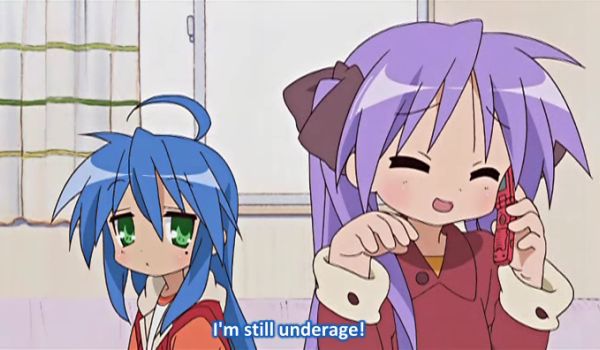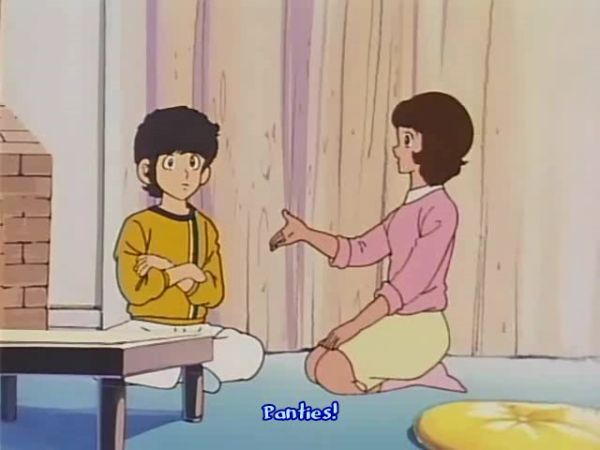
Don’t sit down with your computer if you value your life, says Daily Science. Happy Science disagrees, but only slightly.
I have written about this before, but Science Daily has rather a bunch of articles on the evils of sitting, especially in front of screens, and worst of all the TV. Since I consider the TV a tool of Evil, I am not surprised at the last part. Â Not so sure about sitting in front of the computer screen though. I think it depends on what you do there.
But there seems to be an actual bodily mechanism that makes sitting hurt the body. Not just the back pains that are common among office workers these days, but there is also a link to heart disease, diabetic and other typical western lifestyle diseases.
Basically, sitting down causes the large leg muscles to shut down. These don’t simply keep us on our feet, but also function as a kind of internal organs: They are largely fat-powered, so they release chemicals that cause fat to be absorbed into muscles rather than drift around in the bloodstream making trouble. They also regulate the balance between “bad cholesterol” and “good cholesterol”.
(It is probably worth mentioning that some of the largest leg muscles are in the buttocks. If nothing else, at least every mention of healthy buttocks is likely to shift the article several pages up in Google.)
Some effects of sitting start at once, some gradually build up over time. You can reduce the damage from sitting by getting up now and then, at least every half hour is recommended. But you cannot eliminate all effects by getting up at certain intervals, just some.
Me, just to be sure, I get up every now and then from my boss chair in the home office and walk to the fridge and back…
***
When studies say that sitting increases risk of death regardless of whether you exercise, that does not mean exercise is pointless unless you remain on the feet all day. Â It means that if you exercise and sit, you are worse off than if you exercise and just potter around. And you are worse off to the same degree that someone who does not exercise is still worse off sitting than just pottering around in the house or garden.
It is worth noticing that these studies mainly look at recreational sitting, not sitting as a job. Obviously the same bi0logical effects appear at work, but there is probably not a lot people can do in the current economy to pick a job with less sitting. It is advised to place some office equipment out of reach, but employers generally aren’t too fond of putting the printer far away. They pay you for the hour, but they don’t bear the expense when you get sick. Well, probably not. Here in Norway they do to some extent. My current employer has exercise equipment and organized (but voluntary) walks during work hours. You should probably not expect that in the USA, unless you work for Google or similar.
Now, the thing these reports don’t say, and which I am burning to know, is: What do these people do who don’t sit for two hours or more on an average day?
My best guess is that they have toddlers, in which case Evolution (or whatever your name for God) has probably thrown in some extra protection because, let’s face it, a toddler is not going to live long without parental supervision, or something very similar. The natural response to this is a divine decree that Chasing Toddlers Shall be Good for Your Health.
One study goes after television in particular, another lumps TV, computer and video games. Â Sitting in front of these is evidently a shortcut to early death. But what about sitting with a book? Has anyone ever studied that? What about sitting in church?? Several studies show that people with high church attendance are less likely to die than people who boycott church. (The same effect holds true for at least some other religions, but church attendance is by far most common in the USA, so most reliable data are on this.) Â How can sitting in the church keep you alive while sitting at home kills you? Â Mysteries abound!
This is where I part ways with Daily Science and team up with Happy Science instead. (Happy Science is a new Japanese religion.) In their worldview, illness rarely begins in the physical body, unless you are run down by a car or some such. Typical lifestyle illnesses are instead caused by changes in your astral body, or aura body. Your mind gets poisoned and the body follows.
That seems like pure superstition, but the fact remains that placebo remains one of the most useful and potent forms of medication around, the standard against which all other medication is measured. In other words, what happens in people’s minds really DOES influence their bodies, all other things being equal. Things that cause negative thought patterns (like most TV channels and most video games) will have a completely different effect on the body than things that cause positive thought patterns (like benevolent religions, good books, or good friends).
If we strip the religious language, I think Happy Science really is scientific in this. Certain inactivities are worse than others, because they harm the will to live, while others strengthen it.
Or as myself  said to me this morning:  “If you don’t do anything meaningful, it is like calling the Angel of Death to say ‘I am finished here’.”
This is often easy to see with old people. Many look forward to their retirement, but when the time comes, it does not take long before they start feeling useless. After that, it goes downhill fast. They get sick, they complain, become pessimistic and either die early or linger in ill health for a long time. But grandparents who have small children living in the house often remain vital and healthy longer, and even a pet can substantially improve the health of many elderly. Intellectuals who read and write a lot also tend to live longer and healthier lives. And famously, gardeners live the longest lives of all. Â Evidently being connected to life, encouraging life to grow, keeps the power of life flowing through the body.
So perhaps we should think of it this way: Â If you sit down, you better have a reason for it!










